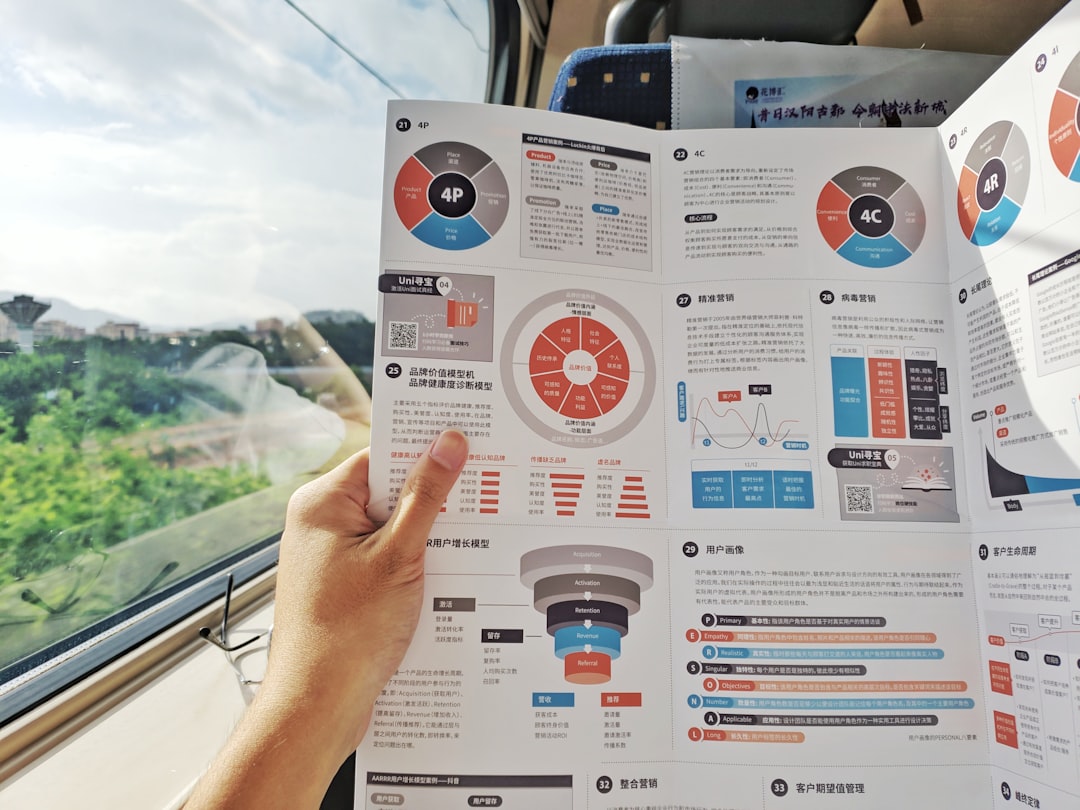What is it about?
The text provides an overview of a study that investigates time overruns in construction projects, particularly focusing on National Competitive Bidding (NCB) construction projects in municipalities. Key points from the text include: Common Issue: Time overruns are a prevalent problem in construction projects, negatively affecting timelines, costs, and quality. Specific Focus: The study highlights these issues within NCB construction projects in rural municipalities, noting poor performance by professionals in these areas leads to inadequate infrastructure development. Study Goal: The primary objective is to understand the causes and effects of time overruns through an exploratory and descriptive research approach. Data Collection: Information was gathered from clients, consultants, and contractors to identify factors contributing to project delays. Key Factors: Identified causes of delays include adverse weather, limited contractor involvement, insufficient consultant experience, poor site management, and delays in site mobilization. Cost Implications: These delays lead to significant costs associated with materials, land acquisition, labor, and market risks. Findings: The study found that 52.17% of projects experienced time overruns ranging from 24.4% to 514.71%, and 21.73% of projects faced cost overruns, with the highest being 19.92%. Recommendations: The study suggests conducting national-scale analyses to better understand and address construction delays, and to implement effective mitigation strategies.
Featured Image

Photo by Ales Krivec on Unsplash
Why is it important?
Understanding and addressing time overruns in construction projects is crucial for several reasons: Economic Impact: Time overruns often lead to increased costs, which can significantly impact the financial viability of a project. Delays result in additional expenses related to labor, materials, equipment, and extended project management. This can strain budgets and reduce profitability for contractors and clients alike. Project Quality and Standards: Delays can compromise the quality of the construction work. When projects are rushed to make up for lost time, there might be a temptation to cut corners, leading to substandard work that fails to meet required quality standards. Reputation and Trust: Consistent time overruns can damage the reputation of the construction firms involved and erode trust among stakeholders, including clients, investors, and the public. This can lead to a loss of future business opportunities and strained professional relationships. Infrastructure Development: In the context of rural municipalities, delays in construction projects can impede critical infrastructure development. This affects the overall growth and development of these areas, limiting access to essential services and economic opportunities for residents. Legal and Contractual Obligations: Construction projects are bound by contracts that often include penalties for delays. Time overruns can lead to legal disputes, financial penalties, and contractual complications, further increasing the costs and administrative burden on the involved parties. Resource Allocation: Delays disrupt the planned allocation of resources, leading to inefficient use of labor and materials. This can cause a ripple effect, delaying subsequent projects and creating a backlog that hinders the overall productivity of the construction industry. Risk Management: Identifying and understanding the causes of time overruns helps in better risk management. By recognizing common delay factors, project managers can implement proactive measures to mitigate these risks, leading to more predictable and manageable project timelines. Policy and Planning: Insights from studies on time overruns can inform policymakers and planners in creating more effective regulations, guidelines, and support systems for the construction industry. This can lead to improved project planning, execution, and oversight at the national or regional level.
Perspectives
Perspective on Time Overruns in Construction Projects Time overruns in construction projects represent a multifaceted challenge that affects not only the immediate stakeholders—such as clients, contractors, and consultants—but also the broader economic and social landscape. From this perspective, addressing time overruns is essential for sustainable development, economic stability, and the advancement of infrastructure, particularly in rural and underserved areas. Economic and Developmental Impact Time overruns have a direct economic impact, inflating costs and stretching budgets beyond their limits. For municipalities, especially in rural areas, this means scarce resources are further depleted, hindering other critical development projects. The delayed completion of infrastructure projects can stall economic growth, limit access to essential services, and perpetuate cycles of poverty and underdevelopment. Quality and Safety Considerations Delays often result in rushed work to meet new deadlines, which can compromise the quality and safety of the construction. Poor-quality infrastructure poses long-term risks, including higher maintenance costs and potential safety hazards. Ensuring that projects are completed on time can help maintain high standards of construction quality and safety, protecting the well-being of the community and the environment. Professional Competency and Industry Standards The study's findings highlight significant gaps in professional competency and site management, particularly in rural municipalities. This calls for a concerted effort to enhance training, certification, and accountability among construction professionals. Elevating industry standards through continuous professional development and stringent oversight can lead to more reliable and efficient project execution. Strategic Policy and Planning From a policy perspective, understanding the root causes of time overruns can inform more effective regulatory frameworks and strategic planning. Governments and industry bodies need to collaborate on developing policies that address common delay factors such as adverse weather, logistical challenges, and resource mobilization issues. National-scale analyses and the implementation of best practices can create a more resilient construction sector. Technological and Managerial Innovations Leveraging technology and innovative management practices offers a promising avenue to mitigate time overruns. The adoption of advanced project management software, real-time monitoring systems, and predictive analytics can enhance planning accuracy and responsiveness to potential delays. Embracing new construction technologies and methodologies, such as modular construction and prefabrication, can also streamline processes and reduce timelines. Societal Implications Ultimately, reducing time overruns in construction projects has profound societal implications. Timely completion of infrastructure projects enhances public trust in government and construction firms, supports social cohesion, and improves the quality of life for communities. Reliable infrastructure is a cornerstone of societal progress, enabling better education, healthcare, transportation, and economic opportunities. Conclusion Addressing time overruns in construction projects is not merely a technical or managerial challenge but a critical imperative for economic development, quality assurance, and societal well-being. By adopting a holistic perspective that encompasses economic, professional, policy, technological, and societal dimensions, stakeholders can develop more effective strategies to mitigate delays and enhance the overall success of construction projects. This approach will pave the way for sustainable growth, robust infrastructure, and improved living standards, particularly in rural and underserved areas.
Prof.Dr. Madhav Prasad Koirala
Benwood-McMechen Library
Read the Original
This page is a summary of: Examining the causes and effects of time overruns in construction projects promoted by rural municipalities in Nepal, Evaluation and Program Planning, August 2024, Elsevier,
DOI: 10.1016/j.evalprogplan.2024.102436.
You can read the full text:
Contributors
The following have contributed to this page










